
Results and lessons learned from General Feeding Program publication event in collaboration between Egyptian Food Bank, Sawiris Foundation, and the International Food Policy Research Institute (IFPRI Egypt).
Reading time (8 minutes)
Word count (1319 words)
read more
Sawiris Foundation commits to a more comprehensive and sustainable water management strategy and interventions, for the well-being and prosperity of the Egyptian people.
Reading time (6 Minutes)
Word Count (1355 words)
read more
This blog aims to address the attention of stakeholders and donors to an issue affecting the performance of many CSOs which is “more equitable funding for CSOs”.
read more
Sawiris Foundation announces its strategic funding directions, priorities, and interventions under the umbrella of the Children without Parental Care program.
read more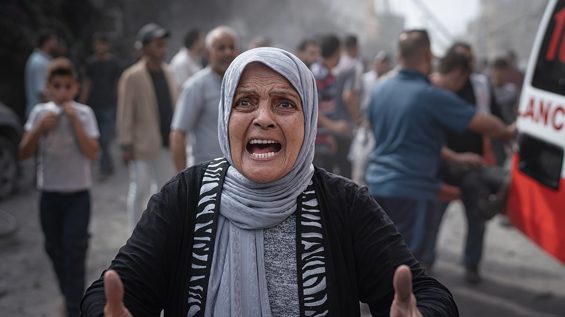
Members of the Arab Foundations Forum (AFF) mourn the victims of the invasion of Gaza and mobilize their solidarity with the affected communities.
read more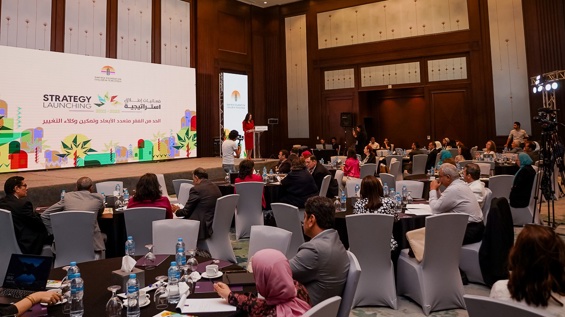
Sawiris Foundation for Social Development launches its new strategy based on evidence and adaptability focusing on reducing multidimensional poverty and empowering change agents.
read more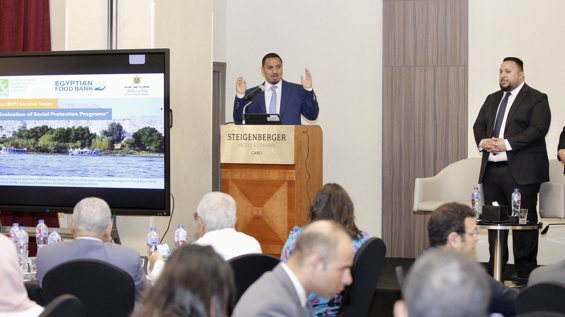
Bridging Evidence and Policy Making (BEP) is a seminar series in collaboration among The Egyptian Food Bank (EFB), the International Food Policy Research Institute (IFPRI) and Sawiris Foundation for Social Development (SFSD) to highlight evidence from ongoing and contextual development programs in Egypt and regionally, establishing various links to inform policy.
The launch event took place on May 7th, 2023, titled “Impact Evaluation of Social Protection Programs." It showcased evidence and insights newly generated, including key studies designed to evaluate key social protection programs through rigorous research and randomized control impact evaluations that are relevant to contemporary social protection challenges in Egypt.
read more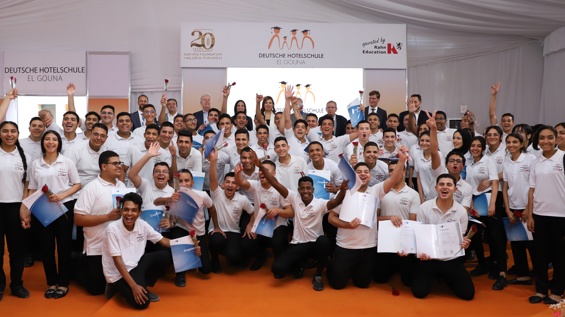
Contrary to popular societal conceptions, Technical & Vocational Educational Training (TVET) learning models offer possibly equal, if not better opportunities than higher education, with regards to employability and income generation for most Egyptian youth.
Reading Time: 10 minutes
Word Count: 1,450
read more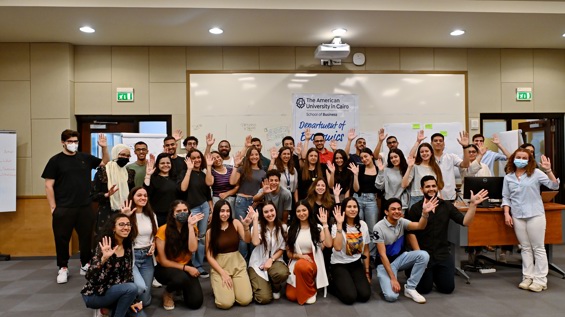
AUC Labor Economics course (ECON 3071) wins runner-up award for best life-long learning initiative, for a community-based learning project designed and delivered in collaboration between Sawiris Foundation, AUC Economics Department, and the AUC Center for Learning & Teaching (CLT).
Reading Time: 5 Minutes
Word Count: 857
read more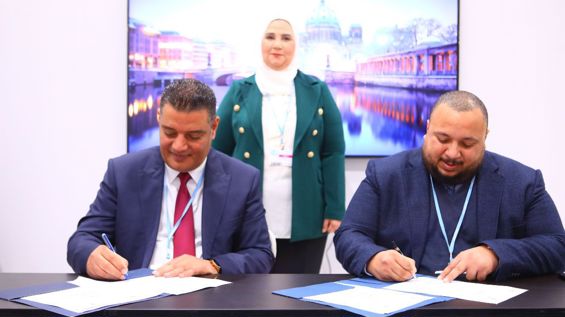
Sawiris Foundation advocates for evidence generation and knowledge production through rigorous science on COP 27’s global stage, figuring out what works? in building the resilience and adaptability of the poorest most vulnerable communities in MENA.
Reading Time: 8 Minutes
Word Count: 1,674
read more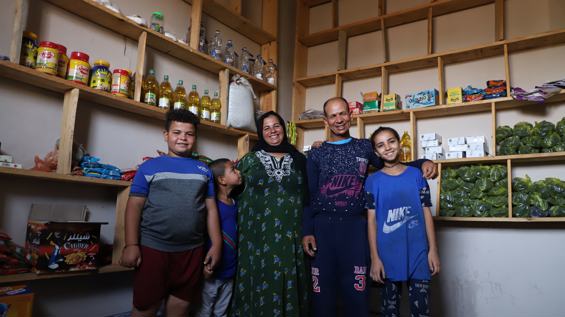
Several programs working on poverty alleviation focus purely on economic interventions to support the ultra-poor households in building a sustainable income. Yet, these interventions were often insufficient to help these households move out of extreme poverty, while other critical psychosocial components for the success of a sustainable escape from poverty, were neglected.
Reading time: 5 minutes
Word Count: 851
Author/s: Thaira Shalan
read more
SFSD aims to cultivate robust co-funding partnerships with the public, private, and civil society sectors to tackle priority issues facing Egyptian society collectively – such as improving the quality of education and healthcare, providing social safety nets to the most marginalized communities in the country, and availing job opportunities and income generating activities for women and youth.
read more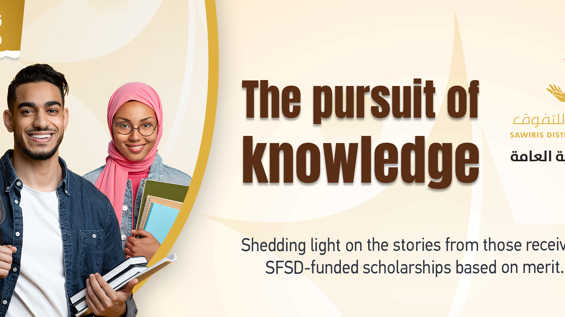
In its attempt to render higher education opportunities more accessible and equitable, SFSD introduces the Sawiris Distinction Scholarship targeting brilliant students from needy communities. Two of the program’s first beneficiaries, Amal and Moustafa, share with us their stories, challenges, and dreams as to become change agents in the Egyptian society.
read more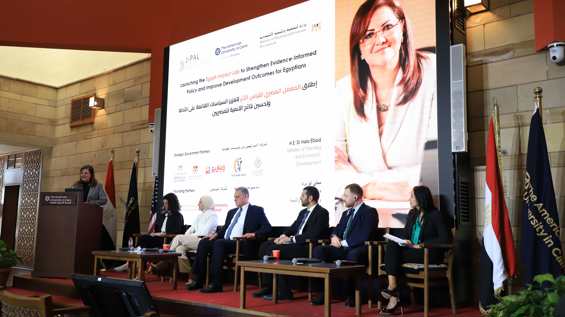
In line with its philosophy of effective altruism, Sawiris Foundation for Social Development supported Egypt Impact Lab; a national initiative of the Ministry of Planning and Economic Development and the Abdul Latif Jameel Poverty Action Lab. It aims to strengthen the effectiveness of Egypt’s poverty alleviation programs through evidence-informed policy.
read more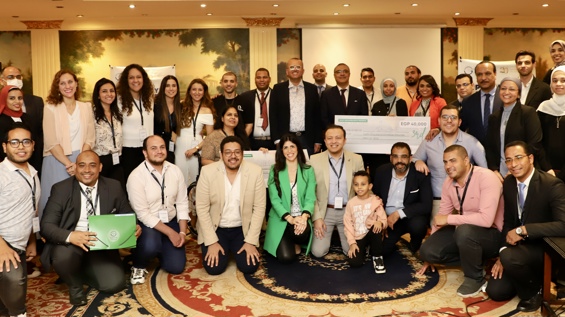
Sawiris Foundation joins Gemini Africa to close the first round of UPLIFT 4 Upper Egypt, a program promoting start-ups' innovation and social inclusion. 45 enterprises from Upper Egypt received two rounds of mentorship over 14 months; 18 qualified for the final demo day with 3 inspiring winners. #GeminiUplift #Gemini3Ms #ActNow
Reading time: 4 minutes
read more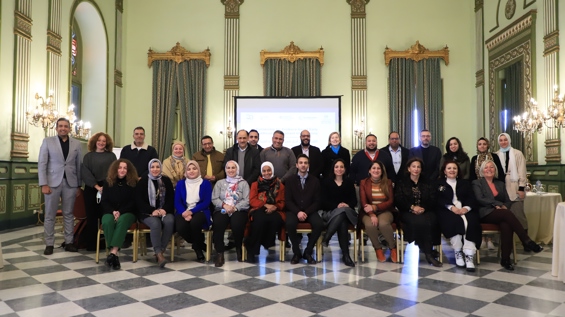
Research has continued to point to early childhood development (ECD) interventions as the most cost-effective equalizer to scaffold marginalized children in developing holistically and leading decent lives. However, there is still a lot of research that needs to be done to understand the ECD context in Egypt and what are the most cost-effective interventions that can lead to Offering high quality early childhood development services for young mothers can lead to large returns for the outcomes of their children’s cognitive and educational outcomes and can increase the likelihood of their employment. SFSD held a workshop to discuss the potential partnerships to expand early childhood development evidence-based interventions to improve children’s health and education outcomes which may result in increased female labor force participation.
Reading time: 5 minutes
Author/s: Farida El-Gueretly
read more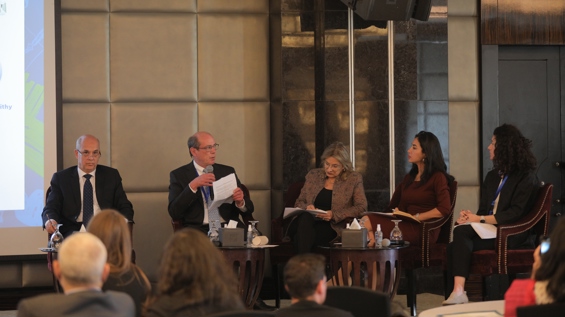
Sawiris Foundation for Social Development, BRAC International and J-PAL MENA partnered to share insights from the Bab Amal “Door of Hope” program, the Egyptian adaptation of the evidence-based Graduation Approach that serves extreme poor households to support them in sustaining their livelihoods in Upper Egypt and possibilities for scaling up the program in Egypt.
Reading time:
5 Minutes
Wordcount:
905 words
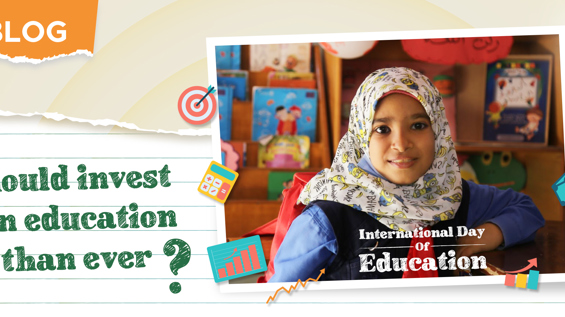
On the International Day of Education, SFSD Learning & Strategy and Education teams review and discuss the latest evidence in education. Shedding light on how Covid-19 challenges millions of learners globally, and how evidence highlight a 7% to 11% positive economic impact linked to educational returns for students, is achievable with better access to schooling.
In this blog, SFSD shares their insights regarding the question of “why should we invest in education more than ever, especially after the Covid-19 pandemic and its repercussions?”
read more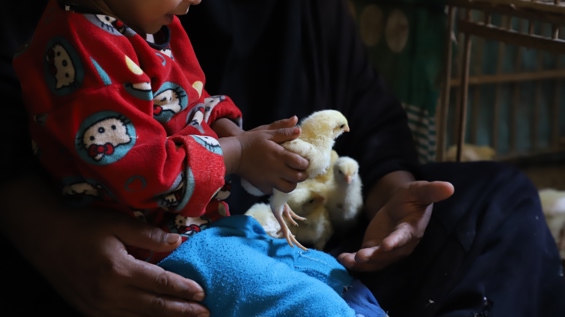
Many people in Egypt face barriers to overcoming poor living conditions. The Bab Amal program – inspired by BRAC’s Ultra Poor Graduation Initiative - offers a source of confidence and resilience for many of these families.
Reading time: 4.5 minutes
Author: Nahed Yousry - Social Empowerment Sector Director
read more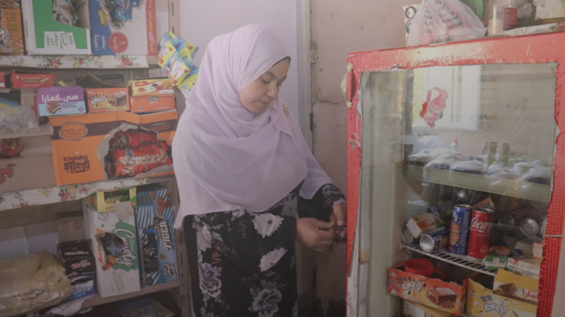
Many people in Egypt face barriers to overcoming poor living conditions. The Bab Amal program – inspired by BRAC’s Ultra Poor Graduation Initiative - offers a source of confidence and resilience for many of these families. The Sawiris Foundation for Social Development is committed to testing what are the most cost-effective ways to improving the lives of millions of people in Egypt.
Reading time: 5 minutes
Author/s: Thaira Shalan - Program Manager at the Social Empowerment Sector and Farida El-Gueretly - Learning and Innovation Manager
read more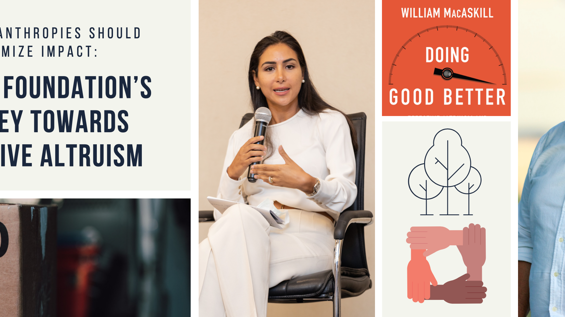
Recently, there have been positive improvements in reducing poverty in Egypt. But can we find more effective approaches to our spending to reduce poverty and maximize our impact? Noura Selim - Executive Director at SFSD and Abdelrahman Nagy - Learning & Strategy Sector Director share their thoughts on the Foundation’s direction towards effective altruism.
Reading time: 5 minutes
Author/s: Noura Selim - Executive Director at SFSD and Abdelrahman Nagy - Learning & Strategy Sector Director
read more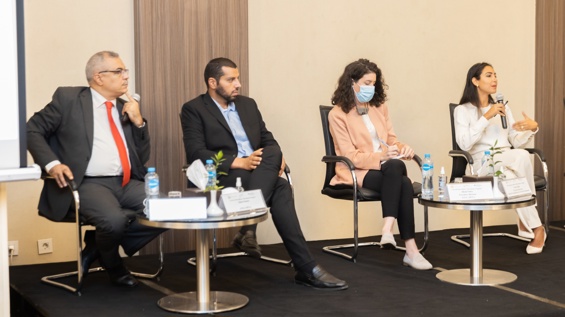
Sawiris Foundation for Social Development hosted a seminar on Sunday, September 12 in collaboration with the Abdul Latif Jameel Poverty Action Lab Middle East and North Africa based at The American University in Cairo to discuss findings of a study conducted on the effects of loans and grants on microenterprises performance and poverty alleviation.
People who are poor or at risk of poverty often struggle to access financial resources that can support them in starting or maintaining businesses that sustain their basic needs. In recent decades, development practitioners and policymakers have been exploring microcredit as a possible solution to improve access to finance for those most in need. Evidence about the impact of microcredit has been mixed, and requires deeper study. Moreover, the type of financial assistance may come in various forms: in-kind grants, cash grants or low-interest loans.
In 2016, Sawiris Foundation for Social Development (SFSD) partnered with the Abdul Latif Jameel Poverty Action Lab Middle East and North Africa (J-PAL MENA) to evaluate the impact of a financial assistance program. J-PAL affiliated researchers Adam Osman and Bruno Crépon led a research team to evaluate the impact of a financial assistance program that was implemented by non-governmental organizations (NGOs) REDEC, the Federation for Economic Development Associations (FEDA) and Christian Peace. Launched in Qena, the program is implemented in Egypt’s ninth poorest governorate in Egypt (out of 27 governorates) with a poverty rate of 41% in 2019.
The program assessed the impacts of various forms of financial assistance offered, including cash grants, in-kind grants, and loans. The NGOs screened interested individuals between the ages of 21 to 35 and who had a sound business plan for a new or an existing business. The researchers measured the impact of the different types of assistance on microenterprise growth in Upper Egypt. Although different types of financial assistance have shown growth in businesses and general economic welfare of its recipients, the study traced the varying degrees of impact, taking into consideration recipients’ variable characteristics such as gender, education, and experience. The overarching findings point in the direction that it matters greatly not only what types of microfinance products that are offered, but also who is receiving the financial assistance and what are their personal traits.
read more